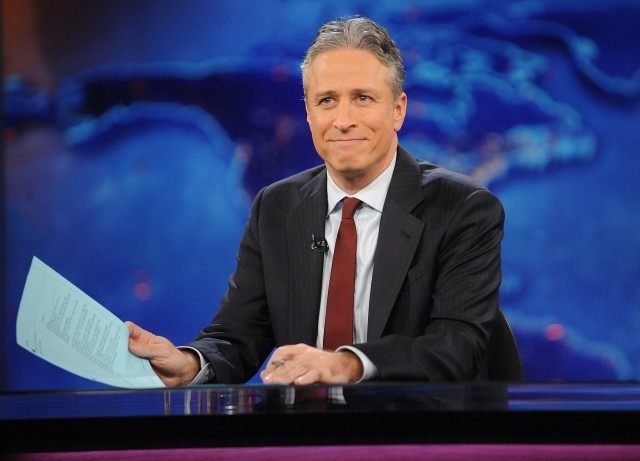On Friday evening, July 2, 1999, a crazed young man drove through my Chicago neighborhood looking for Jews to kill. He had already shot half a dozen in a neighboring area (all of whom survived). He saw a black man walking with his family and decided that was good enough. He shot him–and Ricky Byrdsong, former Northwestern University basketball coach, died. The killer led an interstate manhunt, during which he killed a Korean man outside a church before shooting himself.
The murderer was a troubled white kid from a privileged background. He was also part of a racist hate group. He bought his gun illegally.
There were lots of things said about racism and gun control, including a regrettable comment blaming President Bill Clinton for Byrdsong’s death because the killer had not been prosecuted for violating firearms laws.
As in many of these cases, people jumped on the terrible event with their own agendas, their own broader lessons to be drawn.
I can understand that. I’ve been there. I know it may be motivated by the best of intentions, and genuine sorrow.
But I remember as I looked at the street corner where Ricky Byrdsong fell, that none of that was on my mind. All I felt was the anguish of knowing that bigotry persisted even in the midst of our wonderful country–and yet we had all come together, as we always do, to celebrate the Fourth of July.
It was painful and confusing. What more was there to say?
We hear the president talk gun control–so soon after the Charleston shooting, when no law he has proposed would have stopped it. We see the left blaming the Confederate flag, when the majority of South Carolinans elected an Indian-American governor and a black U.S. Senator. We watch Jon Stewart tell us America is “steeped in” racism.
It’s false. It’s divisive. As Stewart himself once said: Stop hurting America.
Yes, hate exists. But there is so much more love. Isn’t it time to come together?

COMMENTS
Please let us know if you're having issues with commenting.